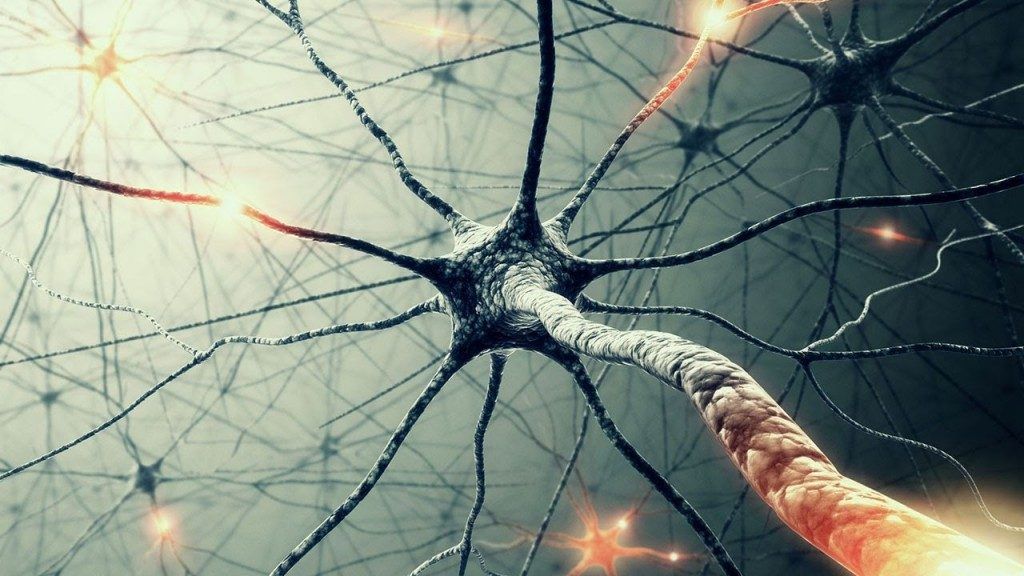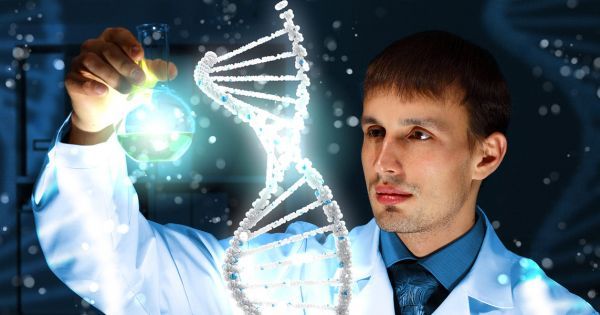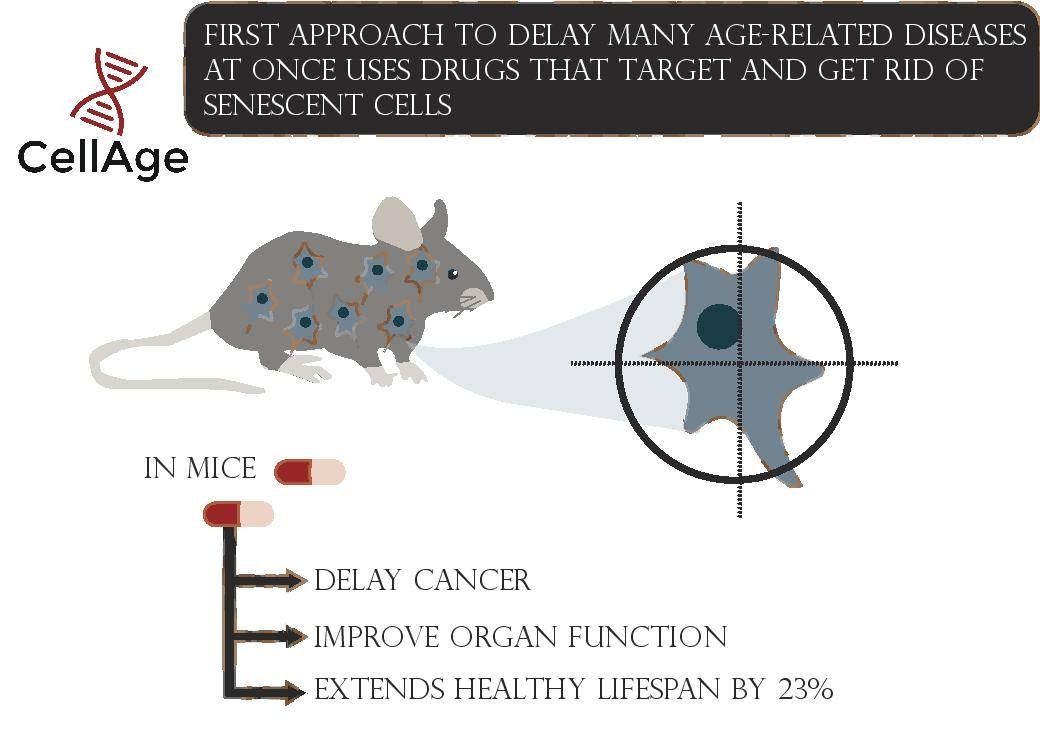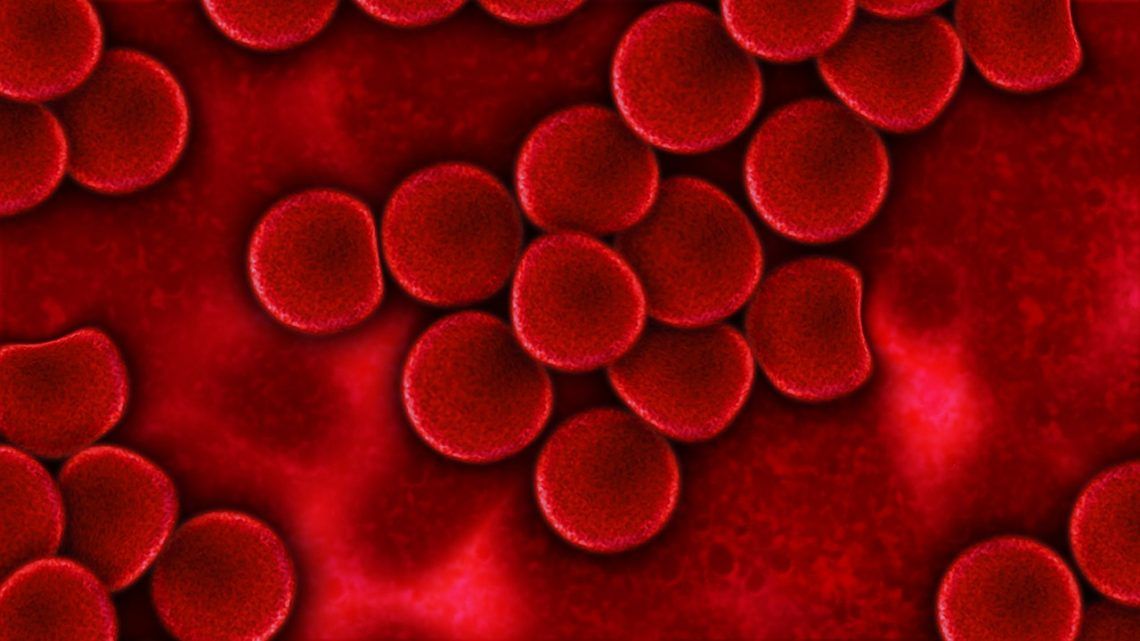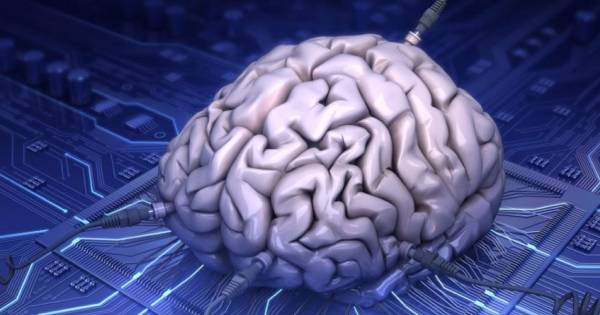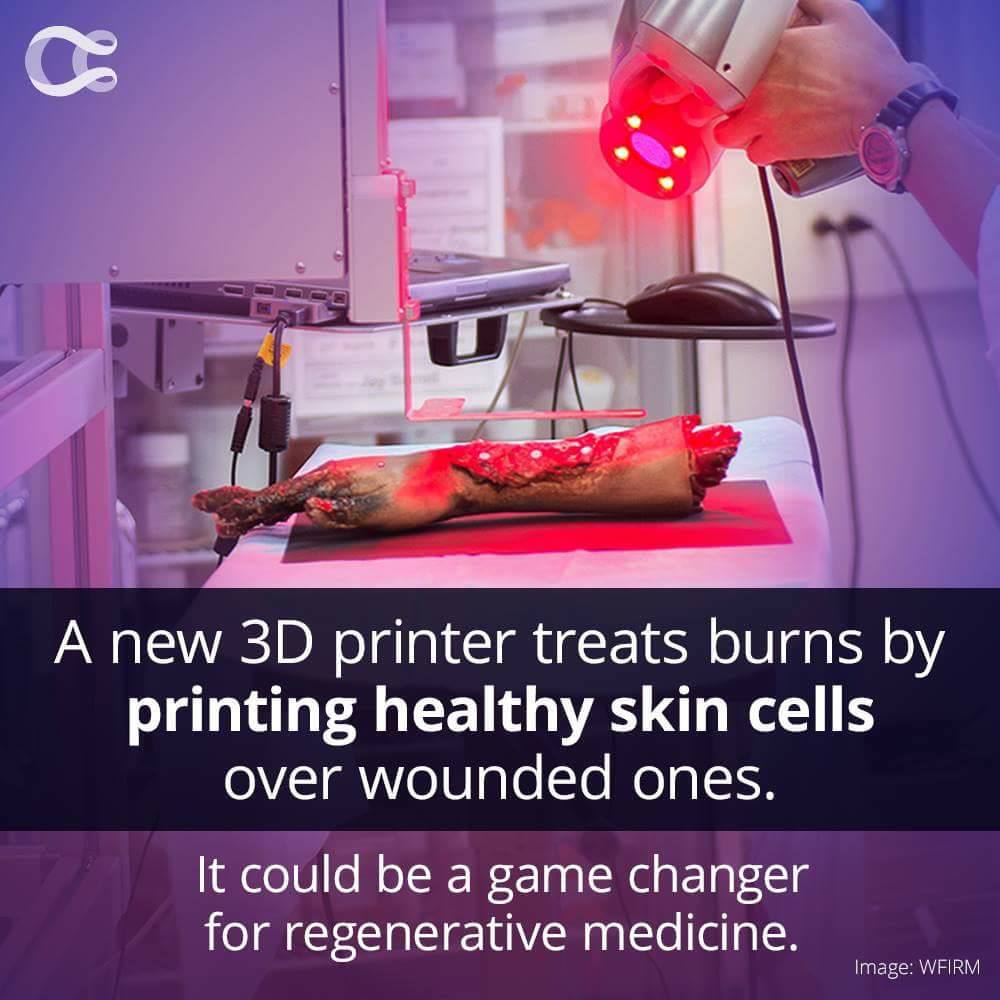Archive for the ‘biotech/medical’ category: Page 2540
Feb 4, 2017
Now, An Artificial Intelligence Can Do Your Taxes For You
Posted by Shane Hinshaw in categories: biotech/medical, robotics/AI

https://youtube.com/watch?v=pVK5UeimatQ
In Brief
- Watson was originally seen as mostly a breakthrough medical tool but has since been used in a much wider range of applications, including retail
- Even Geico currently uses IBM Watson, they use the AI program in 46 states to deliver a better digital experience to their customers
IBM understands the unique nature of its artificial intelligence (AI) software assistant Watson, and so they are not taking the direct consumer approach of Siri, Cortana, Alexa, or Google’s Assistant.
Continue reading “Now, An Artificial Intelligence Can Do Your Taxes For You” »
Feb 4, 2017
Cold Plasma Can Help Treat Non-Healing Wounds and Trigger Cellular Regeneration
Posted by Shane Hinshaw in categories: biotech/medical, particle physics
In Brief Research by Russian scientists has revealed the efficacy of cold plasma as a treatment for non-healing wounds. Their study conclusions could lead to much-needed relief for the millions of people suffering from chronic open wounds.
Non-healing wounds are troublesome to treat, with current methods teetering between extremely difficult and impossible, but cold plasma might be able to change all that.
Researchers have attempted to use cold atmospheric-pressure plasma — a partially ionized gas with a proportion of charged particles close to 1 percent and a temperature of 99,726°C (179,540ºF) — for medical treatment before, but never specifically for non-healing wounds. Apart from confirming the bactericidal properties of cold plasma and showing that cells and tissues have a high resistance to it, those earlier studies yielded non-conclusive results.
Continue reading “Cold Plasma Can Help Treat Non-Healing Wounds and Trigger Cellular Regeneration” »
Feb 4, 2017
Senescent cells are the driver of many age-related diseases, you can help us to develop ways to detect and remove them
Posted by Steve Hill in categories: biotech/medical, life extension
Check out our campaign today: https://www.lifespan.io/campaigns/cellage-targeting-senescen…c-biology/
Feb 4, 2017
Why Transfusions With Young Blood Are Probably Not The Key To Eternal Youth
Posted by Steve Hill in categories: biotech/medical, robotics/AI
Automation has even put poor old Dracula out of a job.
Find out why young blood from transfusions isnt likely to work and why Dracula is out of a job.
Feb 4, 2017
Biomimetic Artificial Skin Layer with Significant Temperature Sensitivity (VIDEO)
Posted by Klaus Baldauf in categories: biotech/medical, cyborgs
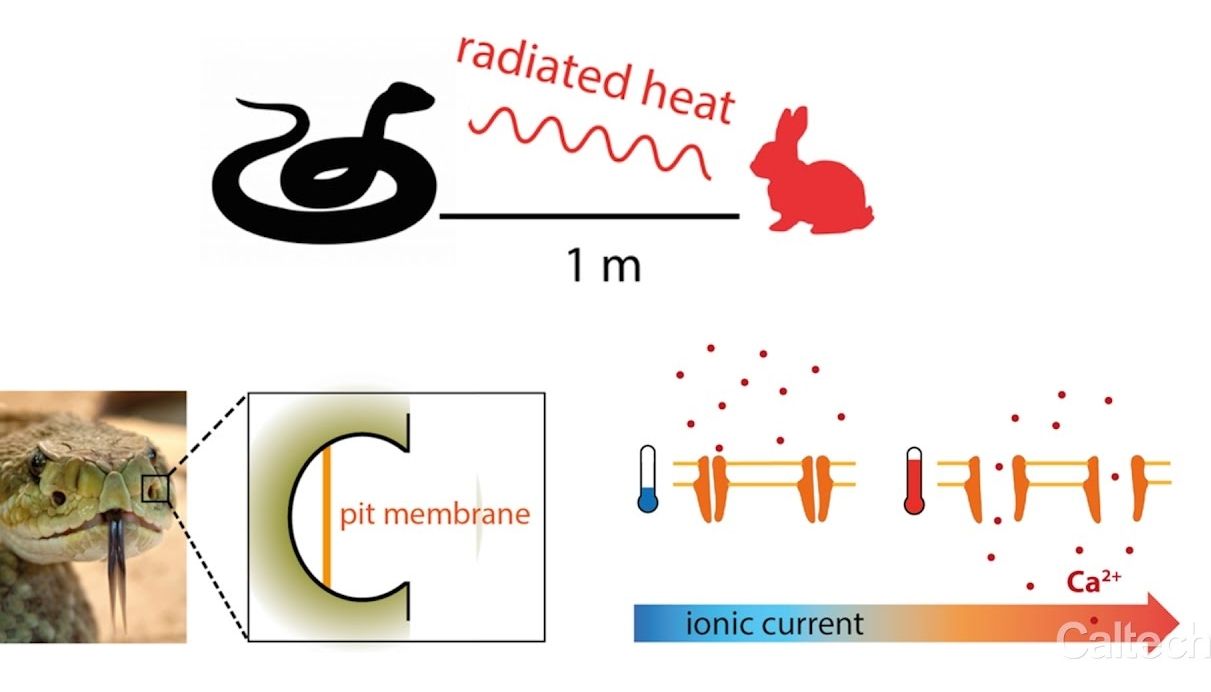
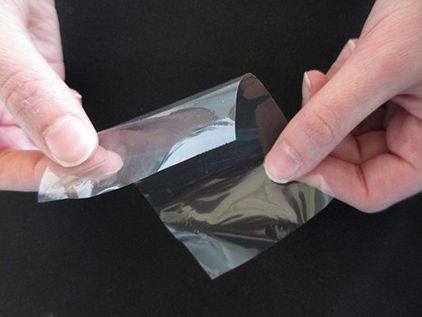
Researchers at the California Institute of Technology (Caltech) and the Swiss Federal Institute of Technology have developed a material that can sense changes in temperature with more sensitivity than human skin. The team discovered that flexible films made from pectin demonstrate an electrical response, caused by the release of calcium ions, following very small changes in temperature. Increased temperature causes the pectin molecules to “unzip”, allowing the release and movement of calcium ions.
When Karen was told her daughter had an incurable disease, she started a gene therapy company to find a cure.
Feb 3, 2017
An Antibiotic May Stop Growth of Deadly Brain Cancer Trending
Posted by Karen Hurst in categories: biotech/medical, neuroscience

Scientists on the quest to offer more hope for glioblastoma patients may have found a way to stop the growth of the deadly brain tumor. The discovery targets the genes that sustain the tumor growth past the early stages with the drug mithramycin, which may be more effective than the current chemotherapy treatments.
Glioblastoma is the most common and deadly form of primary brain cancer. In glioblastoma, malignant glial cells form vast networks of tendrils throughout the brain, making it nearly impossible to surgically remove all the cancerous tissues. Dubbed as the “octopus tumor,” the tumor can evade even the most aggressive surgeries, chemotherapies, and radiotherapies, leaving patients with a five-year survival rate of less than 10 percent. Patients are in desperate need of better alternatives or supplementary treatments to beat this notoriously deadly cancer.
Continue reading “An Antibiotic May Stop Growth of Deadly Brain Cancer Trending” »
Feb 3, 2017
The World’s Best Doctors Aren’t Earning PHDs — They’re Being Programmed
Posted by Shane Hinshaw in categories: biotech/medical, health
These artificial intelligence systems are more accurate than doctors at diagnosing health problems.
